Zone
Crash of a Beechcraft E90 King Air in Sotillo de las Palomas: 4 killed
Date & Time:
Dec 4, 2016 at 1617 LT
Registration:
N79CT
Survivors:
No
Schedule:
Madrid – Cascais
MSN:
LW-303
YOM:
1979
Crew on board:
1
Crew fatalities:
Pax on board:
3
Pax fatalities:
Other fatalities:
Total fatalities:
4
Circumstances:
The twin engine aircraft departed Madrid-Cuatro Vientos Airport on a private flight to Cascais, Portugal, carrying three passengers and one pilot. One of the reasons for the flight was to repair the weather radar at a Portuguese maintenance center that specialized in this equipment. The pilot had to delay the takeoff until 1557LT due to bad weather conditions. The aerodrome of Cuatros Vietnos was in instrument conditions (IMC), which forced its closing from 0900LT until 1444LT. At 1615LT, the aircraft was en route, climbing from flight level 190 to its authorized cruise level of 210. Moments later, according to a detailed analysis of the data taken from the radar, there was a yaw to the left, and the aircraft started to turn in this direction and suddenly lose altitude. After this event, the airspeed fell quickly and gradually until the aircraft stalled. The aircraft went into a spin, which after some time turned into a flat spin. As the airplane descended out of control, and with the spin fully developped, loads were placed on the horizontal tail that exceeded the design loads, causing the tail to break up in flight into five parts before the aircraft impacted the ground. The aircraft was completely destroyed by the impact and sibsequent fire, and its four occupants were killed in the accident.
Probable cause:
The investigation has concluded that this accident was caused by the loss of control of the aircraft in flight due to a stall and subsequent spin. Due to the high degree of destruction of the aircraft's wreckage after the ground impact and subsequent fire, and the lack of other pertinent data to do so, it has not been possible to determine with precision the sequence of the process leading to the aircraft stall/spin.
The investigation identified the following contributing factors:
- The decision to make the flight with adverse meteorological conditions (IMC) along the planned route, considering the fact that the weather radar was not operational.
- The forecast of moderate to strong icing conditions in areas of the route (presence of cumulonimbus with caps of up to 35,000 feet and with temperatures between -17°C and -19°C at flight level FL180) suggests that the formation of ice or its accumulation on the aircraft has been a significant contributory factor in this accident
- The use of the autopilot and the failure to disengage it when the emergency situation arose, as it is concluded from the detailed analysis of the radar data, could have contributed significantly to the process that resulted in the loss of control of the aircraft.
- The inadequate training of the pilot (who lacked the type rating for the accident aircraft) in abnormal or emergency situations on the accident aircraft.
The investigation identified the following contributing factors:
- The decision to make the flight with adverse meteorological conditions (IMC) along the planned route, considering the fact that the weather radar was not operational.
- The forecast of moderate to strong icing conditions in areas of the route (presence of cumulonimbus with caps of up to 35,000 feet and with temperatures between -17°C and -19°C at flight level FL180) suggests that the formation of ice or its accumulation on the aircraft has been a significant contributory factor in this accident
- The use of the autopilot and the failure to disengage it when the emergency situation arose, as it is concluded from the detailed analysis of the radar data, could have contributed significantly to the process that resulted in the loss of control of the aircraft.
- The inadequate training of the pilot (who lacked the type rating for the accident aircraft) in abnormal or emergency situations on the accident aircraft.
Final Report:
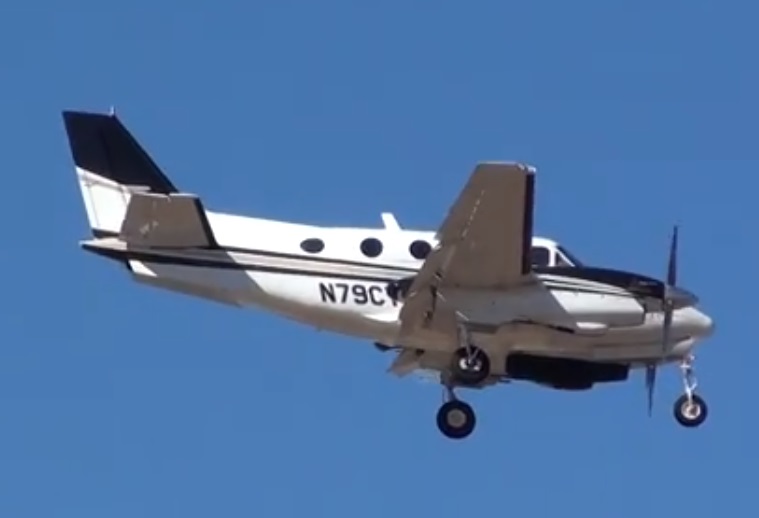
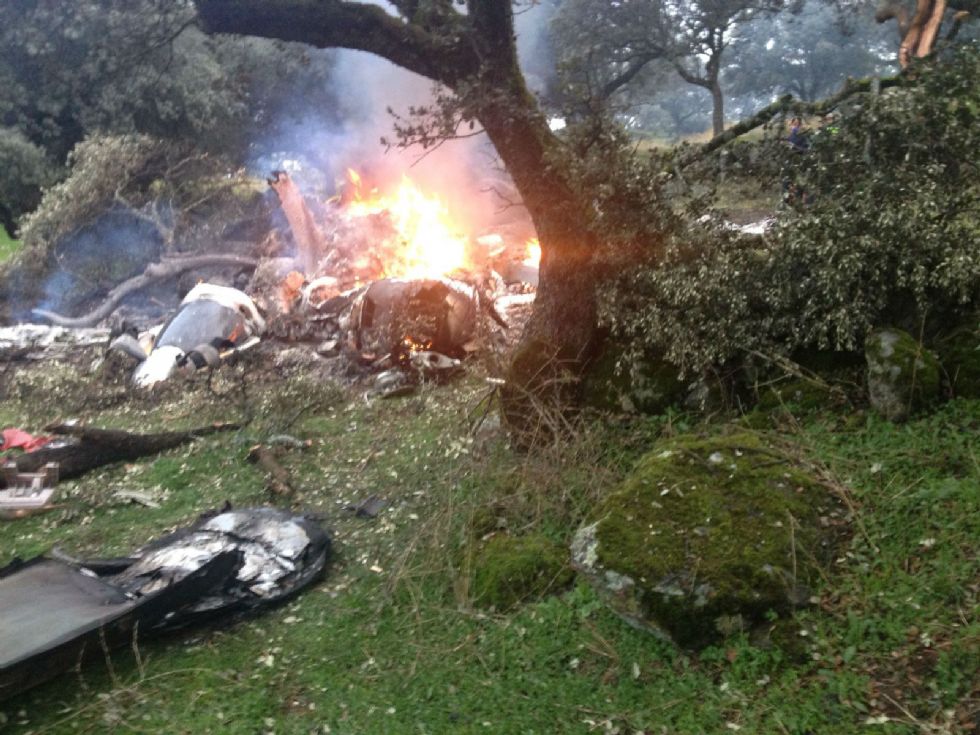
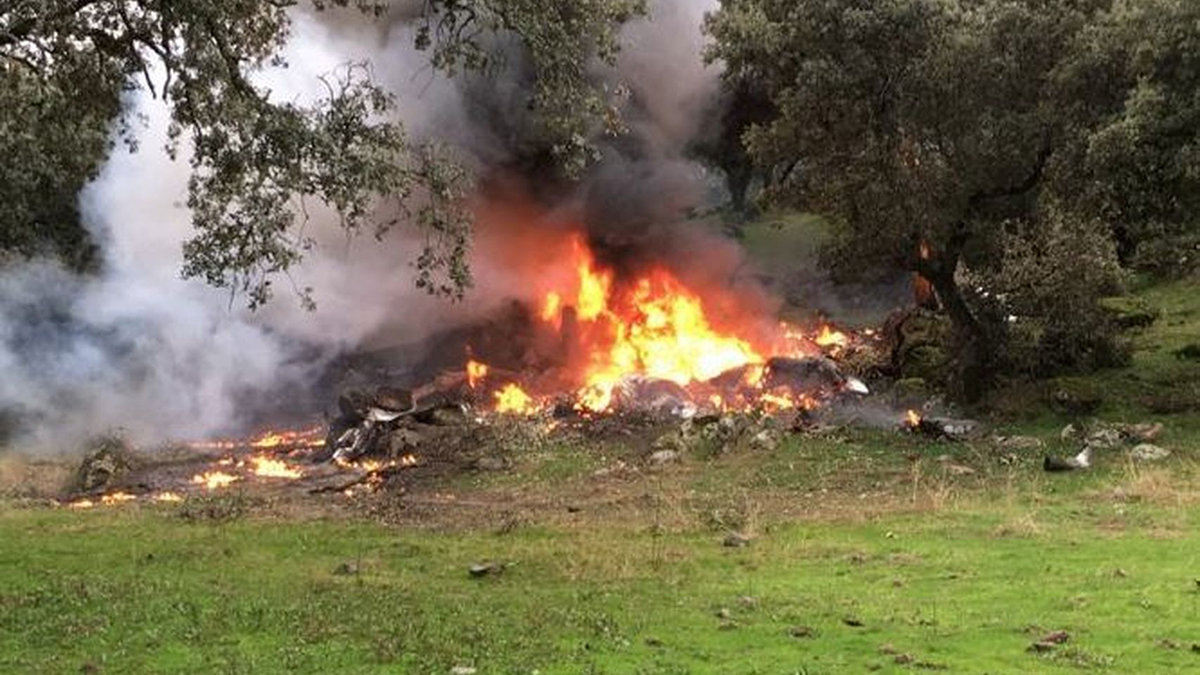
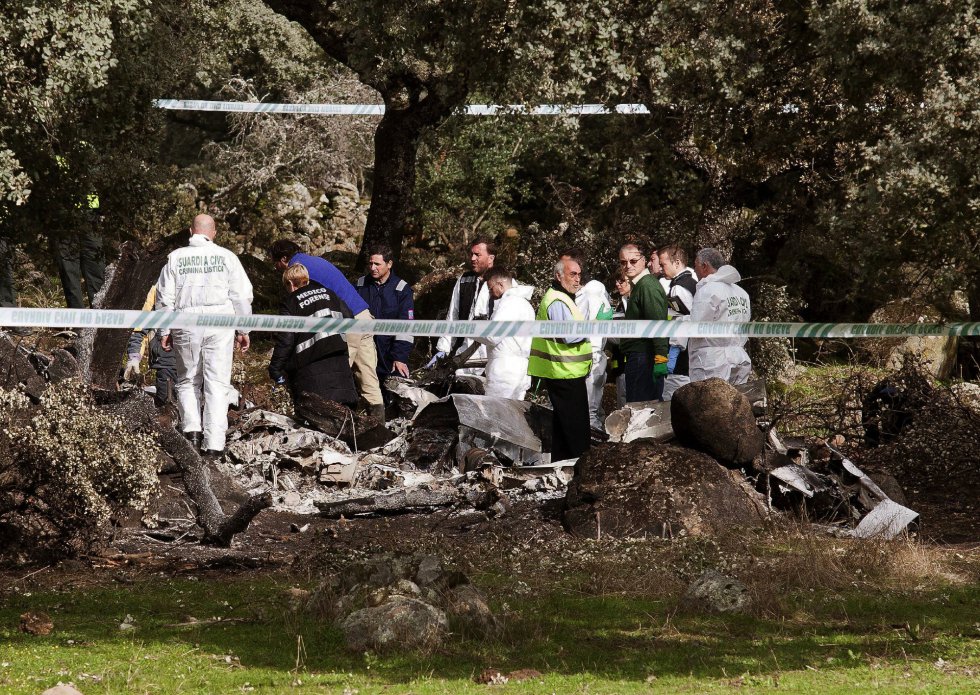
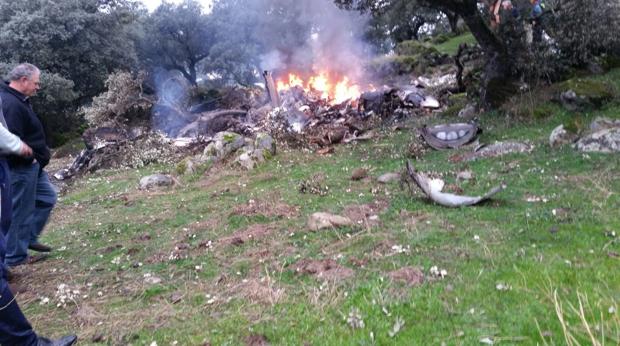
Crash of a Piper PA-46-350P Malibu Mirage off Ibiza
Date & Time:
Apr 30, 2007 at 1735 LT
Registration:
EC-IQX
Survivors:
Yes
Schedule:
Madrid - Ibiza
MSN:
46-22181
YOM:
1995
Crew on board:
1
Crew fatalities:
Pax on board:
3
Pax fatalities:
Other fatalities:
Total fatalities:
0
Captain / Total hours on type:
480.00
Circumstances:
The single engine aircraft departed Madrid-Cuatro Vientos Airport at 1617LT with 3 passengers and one pilot on board. Following a flight at FL230, the pilot contacted Palma ARTCC and was cleared to descend to FL130. Few minutes later, the engine torque dropped while the temperature of the turbine increased. The pilot tried several times to troubleshoot the fuel supply system and checked the fuel selector as well, but the situation did not change. While descending to 9,000 feet, the IAS was 80 knots only. At 1722LT, the pilot contacted ATC and declared an emergency before continuing the descent. As he realized he could not reach Palma Airport, the pilot attempted to ditch the aircraft in the Mediterranean Sea. The aircraft landed in the sea about 27,7 km north of the Ibiza Island and came to rest. All four occupants were quickly rescued and were uninjured while the aircraft sank and was lost.
Probable cause:
Due to the lack of evidences as the wreckage was not found, the exact cause of the accident could not be determined with certainty. However, the assumption that the loss of power/engine failure was the consequence of a technical failure of the fuel supply system was not ruled out.
Final Report:
Crash of a Cessna 401B in Madrid: 2 killed
Date & Time:
Oct 31, 1999 at 1222 LT
Registration:
EC-DEQ
Survivors:
No
Schedule:
Madrid - Alicante
MSN:
401-0115
YOM:
1971
Crew on board:
1
Crew fatalities:
Pax on board:
1
Pax fatalities:
Other fatalities:
Total fatalities:
2
Captain / Total hours on type:
100.00
Aircraft flight hours:
4612
Circumstances:
Just after takeoff from Madrid-Cuatro Vientos Airport, while in initial climb, the pilot informed ATC about engine problems and was cleared to return for an emergency landing. He made a turn and elected to establish on the ILS runway 28 when the aircraft entered an uncontrolled descent and crashed in a near vertical attitude in an orchard located 1,400 metres short of runway, some three minutes after takeoff. The aircraft was totally destroyed and both occupants were killed. The departed Madrid on an aerial photography mission to Alicante.
Probable cause:
Loss of control following an engine failure during initial climb. The exact cause of the engine failure could not be determined with certainty. However, the assumption that it may be the consequence of presence of water in the tanks and/or fuel lines was not ruled out.
Final Report:




Crash of a Douglas C-47A-35-DK in the Mediterranean Sea: 2 killed
Date & Time:
Oct 3, 1980
Registration:
ECT-025
Survivors:
No
Schedule:
Madrid - Perpignan - Frankfurt
MSN:
13375
YOM:
1944
Crew on board:
2
Crew fatalities:
Pax on board:
0
Pax fatalities:
Other fatalities:
Total fatalities:
2
Circumstances:
The DC-3 aircraft had been decommissioned by Spanish Air Force and stored at Madrid-Cuatro Vientos Airport. It was auctioned in July 1979 and bought by Kurfiss Aviation of Germany to become part of an aviation museum. The aircraft was then repaired by mechanics contracted by the new owner. A provisional, restricted Certificate of Airworthiness was issued to allow the airplane to be ferried to Frankfurt via Perpignan Airport (PGF). On the day of the ferry flight a VHF radio was installed but two-way communication could not be established. The departure was delayed until finally took off at 15:29 hours, without authorization, using a runway which was not rated for the weight of the DC-3 aircraft. There was no communication with the flight due to the radio problems. The aircraft presumably reached the zone of Barcelona in very low visibility conditions, due to both the hazy conditions and the diminishing daylight hours. The airplane did not arrive at Perpignan. A search operation was started but no sign of the plane was found. It is presumed to have crashed in the Mediterranean Sea.
Probable cause:
Due to lack of evidences as the wreckage was not found, the exact cause of the accident could not be determined.
